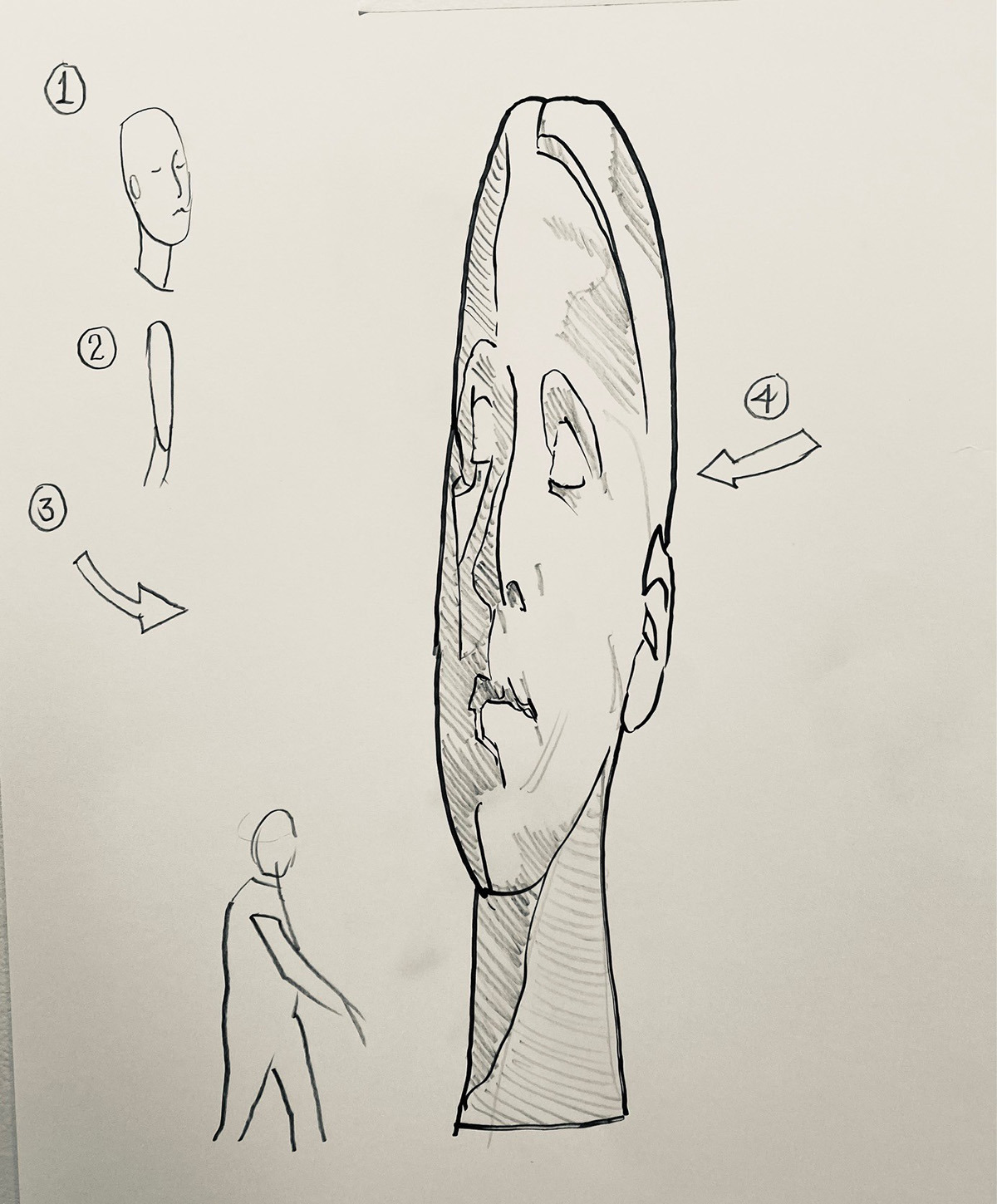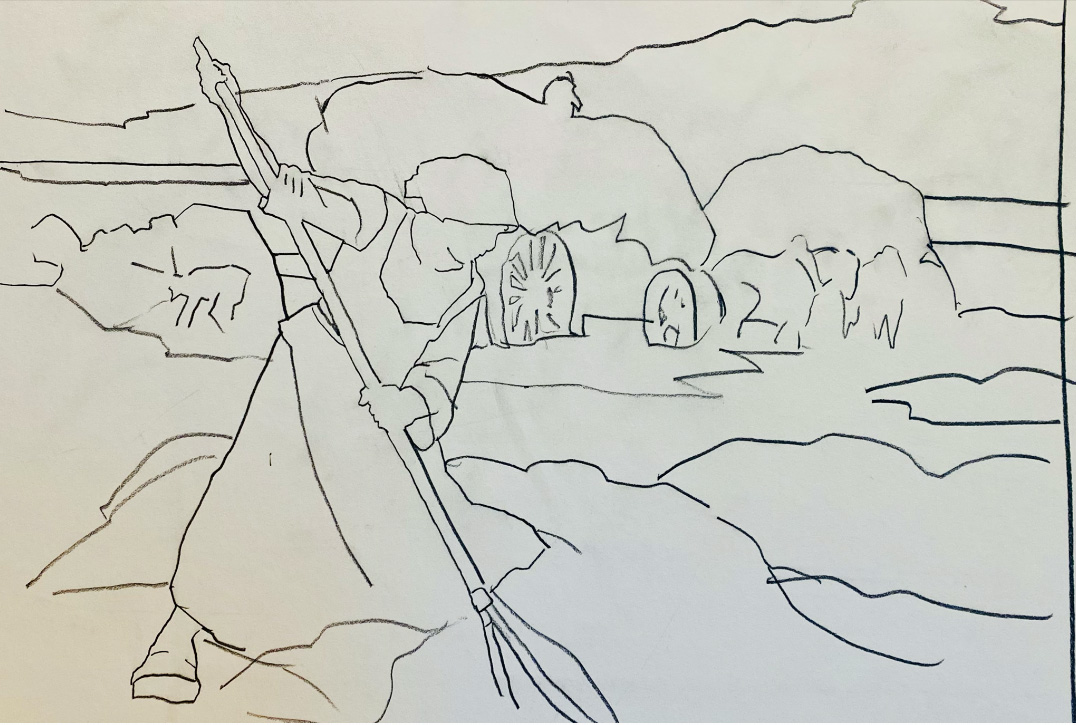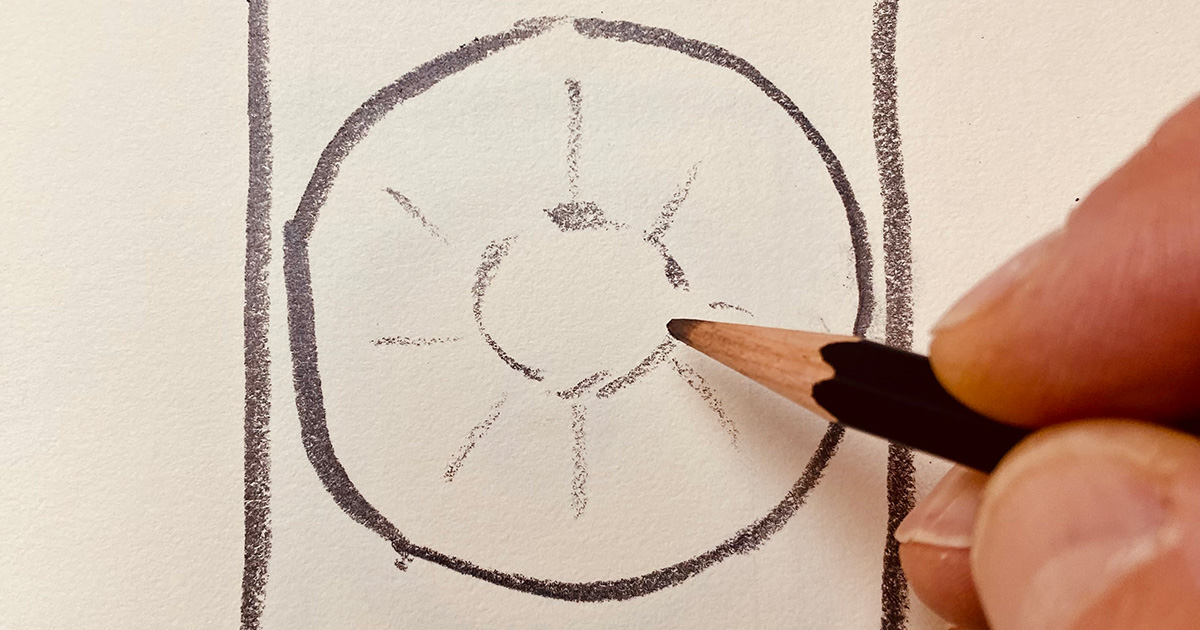- Art Home
- Exhibitions
-
Explore the Collection
- Explore the Collection Home
- African Art
- American Paintings, Sculpture and Drawings
- Contemporary
- Decorative Arts and Design
- East Asian Art
- European Paintings, Sculpture and Drawings
- Fashion Arts and Textiles
- Musical Instruments
- Indigenous American Art
- Photography
- Prints
- South Asian Art, Islamic Art and Antiquities
- Provenance and Cultural Property
- Conservation
- Meet the Curators
- Digital Resources
- Art Bridges Cohort Program
- Events & Programs Home
- Calendar
- Accessibility
- Adults
-
Families & Teens
- Families & Teens Home
- 10x10 Teen Art Expo
- Art on the Rise
- Art Together: Art Making for Families with Children Ages 3–5
- Boy Scouts / Girl Scouts
- CAM Kids Day
- Family Storytime and Gallery Walk
- Family Studio: Art Making for Families with Children Ages 6–12
- Games in the Galleries
- Members-Only Baby Tours
- Public Baby Tours
- REC Reads
- Rosenthal Education Center (REC)
- See Play Learn Kits
- Summer Camp
- Teachers
- Community Outreach
- Fundraisers
- Plan Your Own Event

- Art Home
- Exhibitions
-
Explore the Collection
- Explore the Collection Home
- African Art
- American Paintings, Sculpture and Drawings
- Contemporary
- Decorative Arts and Design
- East Asian Art
- European Paintings, Sculpture and Drawings
- Fashion Arts and Textiles
- Musical Instruments
- Indigenous American Art
- Photography
- Prints
- South Asian Art, Islamic Art and Antiquities
- Provenance and Cultural Property
- Conservation
- Meet the Curators
- Digital Resources
- Art Bridges Cohort Program
- Events & Programs Home
- Calendar
- Accessibility
- Adults
-
Families & Teens
- Families & Teens Home
- 10x10 Teen Art Expo
- Art on the Rise
- Art Together: Art Making for Families with Children Ages 3–5
- Boy Scouts / Girl Scouts
- CAM Kids Day
- Family Storytime and Gallery Walk
- Family Studio: Art Making for Families with Children Ages 6–12
- Games in the Galleries
- Members-Only Baby Tours
- Public Baby Tours
- REC Reads
- Rosenthal Education Center (REC)
- See Play Learn Kits
- Summer Camp
- Teachers
- Community Outreach
- Fundraisers
- Plan Your Own Event
Blog: CAM Uncovered
Blog: CAM Uncovered
- Home
- Plan Your Visit
-
Art
- Art Home
- Exhibitions
-
Explore the Collection
- Explore the Collection Home
- African Art
- American Paintings, Sculpture and Drawings
- Contemporary
- Decorative Arts and Design
- East Asian Art
- European Paintings, Sculpture and Drawings
- Fashion Arts and Textiles
- Musical Instruments
- Indigenous American Art
- Photography
- Prints
- South Asian Art, Islamic Art and Antiquities
- Provenance and Cultural Property
- Conservation
- Meet the Curators
- Digital Resources
- Art Bridges Cohort Program
-
Events & Programs
- Events & Programs Home
- Calendar
- Accessibility
- Adults
-
Families & Teens
- Families & Teens Home
- 10x10 Teen Art Expo
- Art on the Rise
- Art Together: Art Making for Families with Children Ages 3–5
- Boy Scouts / Girl Scouts
- CAM Kids Day
- Family Storytime and Gallery Walk
- Family Studio: Art Making for Families with Children Ages 6–12
- Games in the Galleries
- Members-Only Baby Tours
- Public Baby Tours
- REC Reads
- Rosenthal Education Center (REC)
- See Play Learn Kits
- Summer Camp
- Teachers
- Community Outreach
- Fundraisers
- Plan Your Own Event
- Give & Join
- About
- Tickets
- Calendar
- Exhibitions
- Blog
- Shop
Isabella: Revealing Multiple Perspectives – SketchCAM
by Bruce Petrie, President, Board of Trustees
11/14/2024
SketchCAM , Isabella , Jaume Plensa
With our sketchpad and pencil at the Cincinnati Art Museum, Sketch CAM shows how the museum’s artwork and mission join forces. “Through the power of art, we contribute to a more vibrant Cincinnati by inspiring its people and connecting our communities.”
When sketching, we look for three things: gesture, form, and line. These give us clues to meaning.
Let’s see how this works with Isabella, the museum’s outdoor sculpture by Spanish artist Jaume Plensa. Isabella is a head-and-neck sculpture, seven feet tall, located on the museum’s hillside, overlooking a panoramic view of downtown Cincinnati.
As we walk around the sculpture, our point of view changes—and as our perspective changes, so does Isabella’s gesture, form, and line. These changing perceptions play visual tricks, clues to what Plensa’s sculpture means.
From Viewpoint 1, we see what looks like a classical head-and-neck image, drawn by artists for centuries. The gesture is a standard profile, chin up, eyes closed. The form is a simple oval head balanced on a column. The outside line follows the classic lines of a face.
But walk to the side and now behold the unexpected. Her gesture, form, and line change dramatically. From Viewpoint 1 we assume the head is more or less roundish like a head should be.
But from new Viewpoints 2 and 3, Isabella turns into something new and startling. Her gesture, form, and line assume an unusual visual dimension, like her face becomes taffy pulled by an invisible force or energy. (The technical art term for perspective distortion is anamorphosis, an art technique used by artists for centuries.)
Isabella is more than meets the eye at first. When our point of view shifts, her gesture, form, and line shift. She shifts from material to spiritual.
In all viewpoints, we see her eyes are always closed in a gesture of peaceful meditation. She is seeing in two ways: inward and outward. Her eyes are closed overlooking a panoramic view from a hillside. See the sketch at Viewpoint 4. Isabella, like the rest of us, looks both within and beyond herself.
Sketching Isabella shows the power of art to connect our common humanity. When we see ourselves and others from different points of view, more sides reveal themselves, including a spiritual side we may not have seen at first.

Related Blog Posts



Cincinnati, OH 45202
Toll Free: 1 (877) 472-4226
Museum Hours
Museum Shop
Terrace Café
Library
The Cincinnati Art Museum is supported by the generosity of tens of thousands of contributors to the ArtsWave Community Campaign, the region's primary source for arts funding.

Free general admission to the Cincinnati Art Museum is made possible by a gift from the Rosenthal Family Foundation. Exhibition pricing may vary. Parking at the Cincinnati Art Museum is free.
Generous support for our extended Thursday hours is provided by Art Bridges Foundation’s Access for All program.

General operating support provided by:



